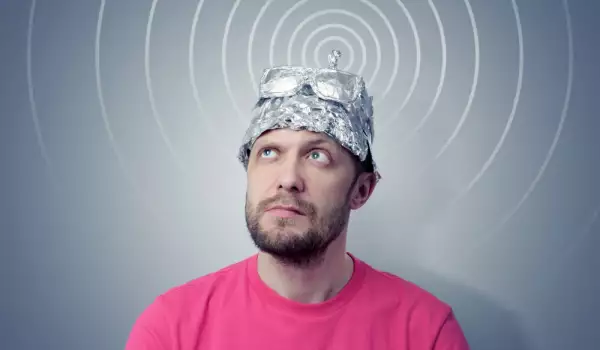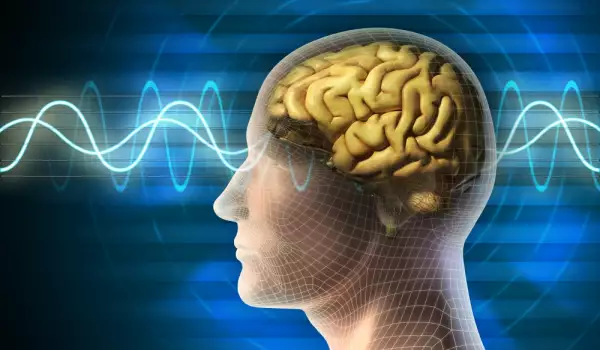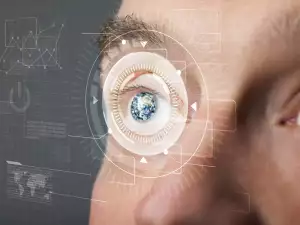"Thou canst not touch the freedom of my mind, " wrote poet John Milton back in 1634. However, today, 400 years later, with the technological advancement that led to the creation of machines that can read human thoughts, the sanctity of our minds is under threat.
Recently, in this regard, The Alliance for Biomedical Research in Europe called for the creation of new human rights laws that would guarantee that humans will be protected from machines, including their cognitive rights and psychological sanctity as well.
The last 3 years have been exceptionally dynamic when it comes to the creation of cognitive biotechnologies. We now have a machine that can show people their own political bias - whether they lean left or right. There is also a machine capable of determining, with 70% accuracy, what number a given person is thinking of.
Aside from all this, Facebook has recently announced that it's working on developing a new technology capable of reading people's thoughts, so that they may communicate simply by thinking. Several medical experiments have already been able to connect part of the human brain of a paralyzed person with a computer, allowing them to stimulate muscles in their hand and enabling them to move and eat.

However, devices such as these allow for potentially horrifying abuse. This is a fact that is causing serious worry among academic circles. We're already hearing warnings of potential bran hacking and dangerous misuse of medical neurotechnology. These concepts require a redefining of the idea of psychological wholeness.
"In response to the emerging neurotechnological capabilities, we propose that the right of psychological wholeness should not only guarantee protection against psychological illnesses or traumatic injuries, but also against unauthorized intrusions into the mental prosperity of a given person, achieved via the use of neurotechnology, especially if such intrusions lead to physical or mental damage of the neurotechnology user, " says the biomedical report.
"Neurotechnology has now reached the point where its legitimacy can be discussed in criminal courts, for example as a tool for crime assessment, to determine the involvement or even the risk of repeat offenses, " reported co-author of the report and academic Roberto Andorno, professor at the Faculty of Law of the University of Zurich.
Consumer companies use brain images for neuromarketing. There are also tools, such as brain decoders, that can turn the data from a brain image into other images, text or sound. All of this could be a potential threat to personal freedom, he adds.













